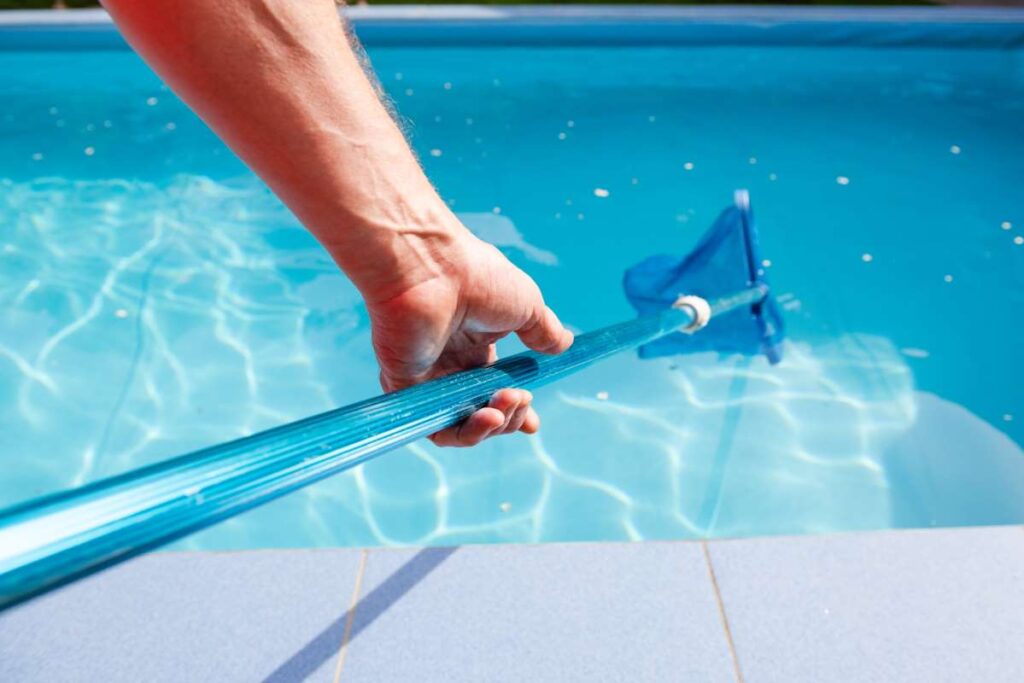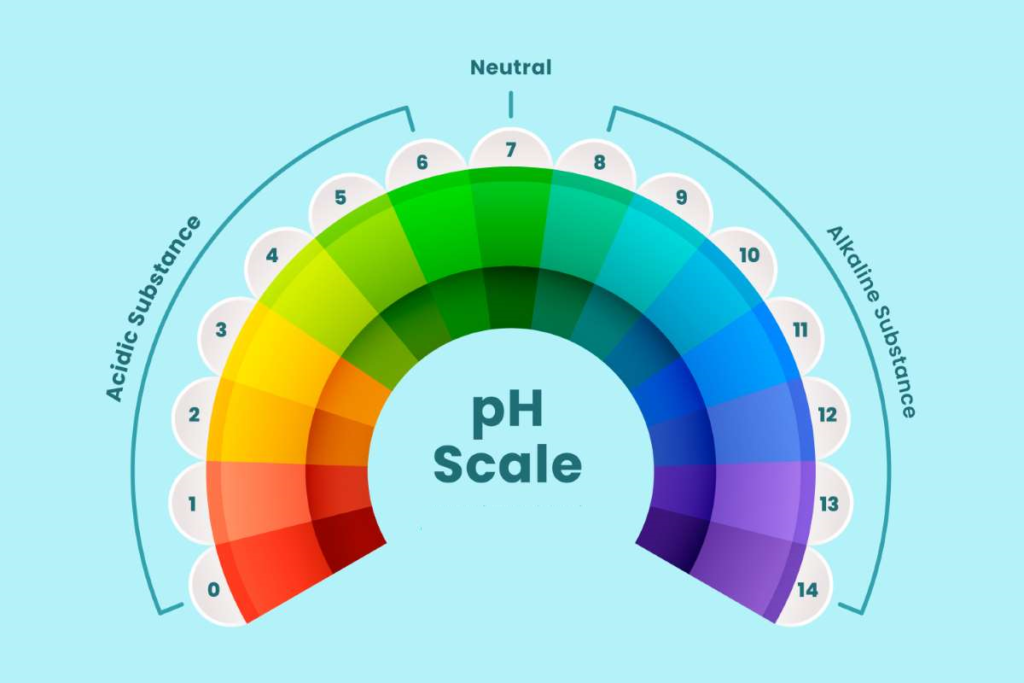Mobile Access vs Manual Workflows: What You Should Know
Mobile access and manual workflows are two distinct approaches to managing operations in various industries, including pool service businesses. As technology continues to advance, the debate over which method is more efficient and effective grows more relevant. This blog post will explore the differences between mobile access and manual workflows, highlighting their implications for pool service companies.
We will delve into the benefits of mobile access, examine common challenges associated with manual workflows, and provide insights into how modern solutions, such as Pool Biller Software, can bridge the gap. By the end of this article, you’ll be equipped with the knowledge needed to make informed decisions about optimizing your business processes.
In today’s fast-paced world, mobile access has transformed the way businesses operate. For pool service companies, the ability to manage operations on-the-go has become increasingly vital. Gone are the days when service technicians had to rely on paper forms and manual data entry. Instead, mobile solutions streamline workflows, enhance efficiency, and improve overall service delivery.
On the other hand, manual workflows, while traditionally used, often lead to inefficiencies and errors. Many businesses are still stuck in the past, managing operations through spreadsheets, paper invoices, and phone calls. This post will delve into the key differences between mobile access and manual workflows, examining their impact on productivity, accuracy, and overall customer satisfaction.
The Rise of Mobile Access in the Pool Service Industry
Mobile access has revolutionized the pool service industry, providing numerous advantages over traditional manual workflows. One of the most significant benefits is the ability to access information in real-time. Service technicians can view client histories, service schedules, and invoices directly from their mobile devices, enabling them to respond to customer needs promptly.
Additionally, mobile access reduces the risk of errors associated with manual data entry. With a solution like [EZ Pool Biller](https://ezpoolbiller.com/), technicians can create and send invoices from the field, ensuring that all information is accurate and up-to-date. This is particularly important for pool service companies that rely on precise billing for recurring services.
Moreover, mobile access enhances communication between technicians and clients. With real-time updates and notifications, clients can receive alerts about service appointments, changes in schedules, or reminders for maintenance. This level of communication fosters trust and satisfaction among customers, ultimately leading to higher retention rates.
Challenges of Manual Workflows
While some businesses still utilize manual workflows, the challenges they face are increasingly evident. Manual processes are often time-consuming and prone to human error. For instance, when technicians rely on paper forms, they risk losing vital information or misplacing documents. This can lead to service delays and frustrated clients.
Furthermore, manual workflows hinder the scalability of pool service businesses. As companies grow, managing increasing numbers of clients and service appointments becomes more complex. Without an efficient system in place, businesses may struggle to keep up, resulting in lost revenue and decreased customer satisfaction.
Another drawback is the lack of data insights that manual workflows offer. Businesses relying on spreadsheets or paper records miss out on valuable analytics that can inform decision-making. By transitioning to mobile access, pool service companies can leverage data to make better strategic choices, identify trends, and optimize their operations.
Comparing Mobile Access and Manual Workflows
When comparing mobile access and manual workflows, the differences in efficiency, accuracy, and customer experience are stark. Mobile access streamlines processes by automating tasks that would otherwise require manual input. For example, technicians can generate invoices with a few clicks, while manual workflows demand extensive calculations and data entry.
In terms of accuracy, mobile access solutions minimize the risk of human error. With automated systems, invoices can be generated based on real-time data, ensuring that charges reflect the services provided. This level of accuracy is crucial for maintaining a professional image and building client trust.
Additionally, the customer experience benefits significantly from mobile access. Clients appreciate timely communications and the ability to access their service history and invoices online. Companies that adopt mobile solutions often find that customer satisfaction increases, leading to greater loyalty and referrals.
Practical Applications of Mobile Access
Implementing mobile access within a pool service company can yield profound benefits. For starters, technicians equipped with mobile devices can utilize specialized apps to track service routes efficiently. This allows for optimized scheduling, reducing travel time and maximizing productivity.
Moreover, mobile access enables technicians to capture before-and-after photos of pool services, providing clients with tangible proof of work completed. This not only enhances transparency but also serves as a marketing tool for attracting new clients.
To further illustrate the benefits, consider the example of a pool service company that transitioned from manual workflows to a mobile platform. By adopting [pool route software](https://ezpoolbiller.com/), they were able to automate their scheduling, reduce billing errors by 30%, and boost overall productivity. Such success stories highlight the transformative power of mobile access in the pool industry.
Best Practices for Implementing Mobile Access
For pool service businesses looking to implement mobile access, there are several best practices to consider. First, it’s essential to choose a user-friendly platform that is easy for technicians to navigate. Training is also crucial; ensure that all staff members are comfortable using the new technology and understand its benefits.
Additionally, integrating mobile access with existing systems can provide a seamless transition. Syncing data between platforms ensures that all information is consistent and up-to-date, eliminating potential confusion.
Finally, continuously gather feedback from technicians and clients to identify areas for improvement. As businesses adapt to new technologies, staying engaged with users helps ensure the solutions remain effective and relevant.
Exploring Additional Technologies for Pool Service Businesses
Beyond mobile access, several other technologies can significantly enhance the operations of pool service companies. For example, utilizing [pool billing software](https://ezpoolbiller.com/) can simplify invoicing and payment processing, reducing administrative burdens and improving cash flow.
Furthermore, investing in service company software can help manage customer relationships more effectively. With features like automated reminders, follow-ups, and service history tracking, businesses can improve client communication and foster long-term relationships.
By embracing these technologies, pool service businesses can create a comprehensive ecosystem that enhances efficiency, accuracy, and customer satisfaction. Integrating mobile access with other tools creates a synergistic effect that drives growth and success.
The Future of Pool Service Operations
As technology continues to evolve, the future of pool service operations will likely see even more innovations. Artificial intelligence, for instance, has the potential to revolutionize scheduling and route optimization, further enhancing the efficiency of mobile access solutions.
Moreover, as the demand for sustainable practices grows, eco-friendly technologies can be integrated into pool service operations. From energy-efficient pool equipment to environmentally friendly chemicals, adopting sustainable practices will not only attract environmentally conscious clients but also contribute to a more sustainable future.
Ultimately, embracing technology and mobile access will be essential for pool service companies aiming to thrive in an increasingly competitive market. By staying ahead of the curve, businesses can ensure they remain relevant and continue to meet the evolving needs of their clients.
Conclusion
In conclusion, the debate between mobile access and manual workflows is becoming increasingly relevant in the pool service industry. Mobile access offers numerous advantages, including enhanced efficiency, accuracy, and customer satisfaction. In contrast, manual workflows often lead to inefficiencies and increased error rates.
By adopting mobile solutions, pool service companies can streamline their operations, improve communication, and ultimately boost their bottom line. As technology continues to advance, those who embrace mobile access will be better positioned to capitalize on new opportunities and thrive in a competitive marketplace.
For pool service professionals looking to optimize their billing processes, consider exploring solutions like [EZ Pool Biller](https://ezpoolbiller.com/). By streamlining operations and leveraging technology, you can significantly enhance your business’s efficiency and professionalism. Take the first step towards a more efficient future today!




